It’s not the kind of travel ban that makes headlines—there’s no dramatic footage of airports turning people away—but a quieter shift is happening.
In plazas, alleyways, and café corners from Seoul to Seville, the conversation is changing. Murmurs about “those American visitors” are growing louder, and while borders remain open, the welcome mat in some places is starting to fray.
The reasons aren’t just politics—though that plays a part. They’re a blend of cultural friction, overtourism, and a few too many viral videos of bad behavior. In response, certain countries are rewriting the unspoken rules of hospitality: you can still come, but only if you leave your entitlement at home.
South Korea
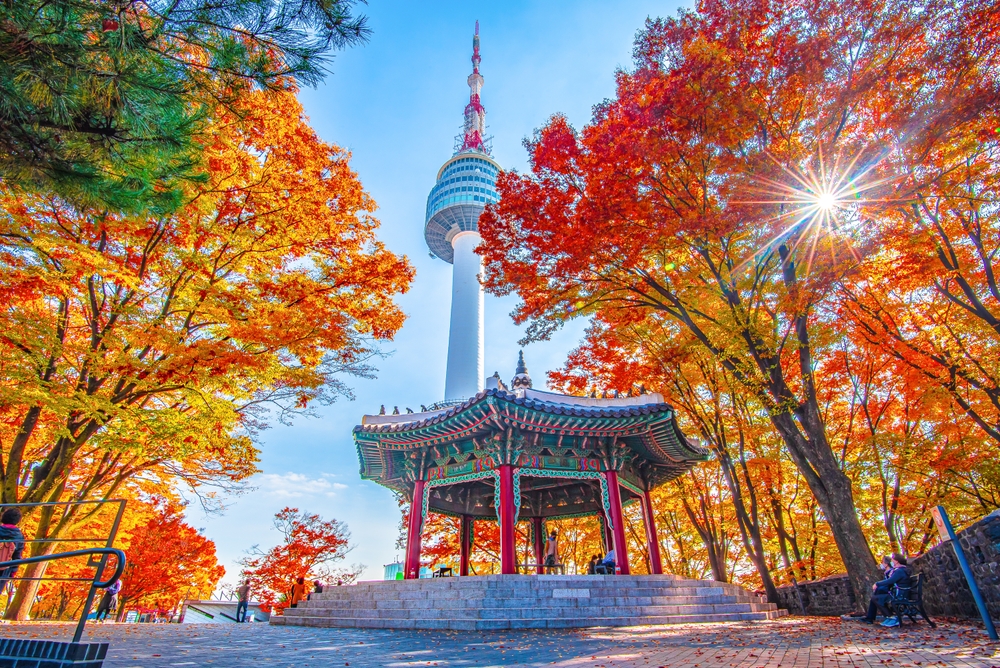
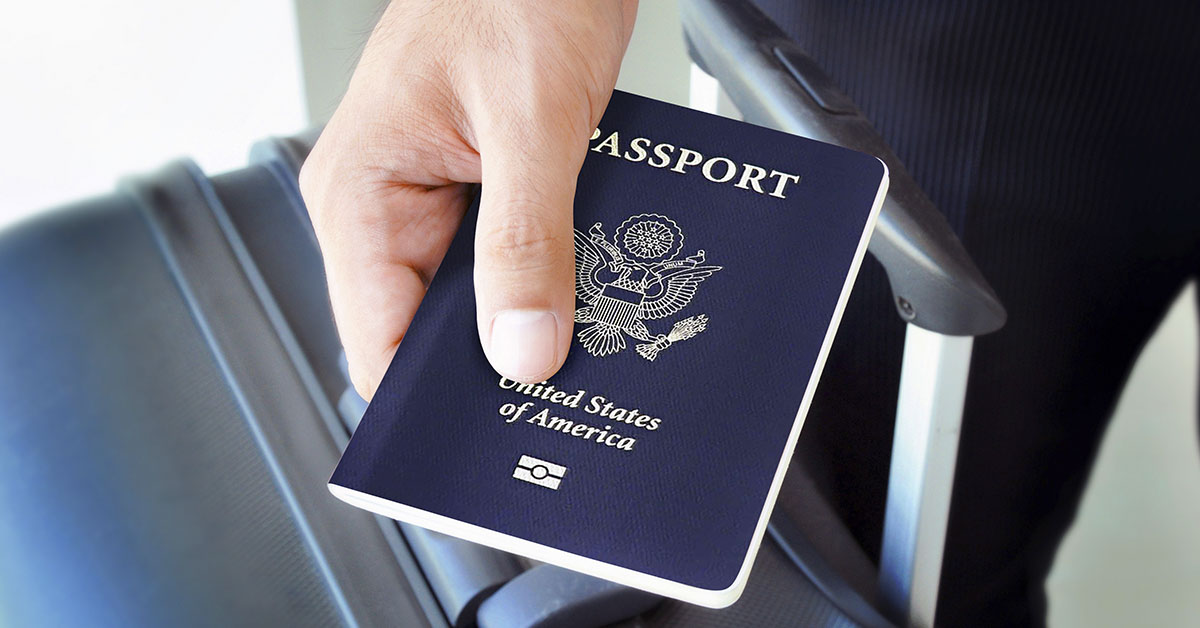
Here, centuries-old etiquette meets a hyper-modern society. Americans who bypass traditional greetings, ignore social hierarchies, or speak too casually to elders risk quiet disapproval. Those who mind their manners still find South Koreans warm and generous.
Japan
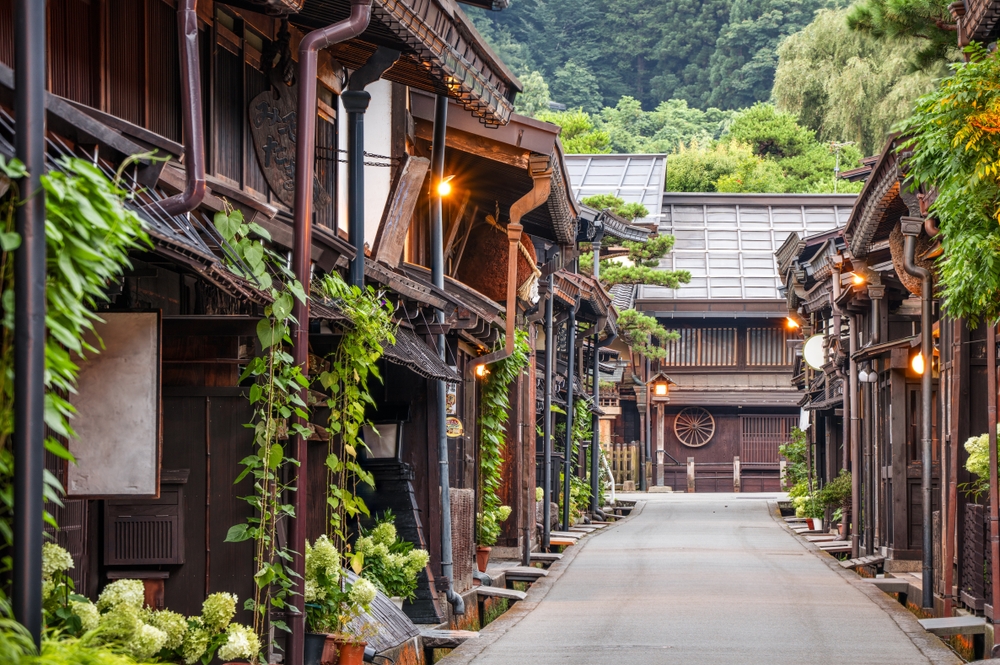
The land of temples and bullet trains is losing patience with visitors—especially loud ones—who disrupt shrines, block streets for selfies, or ignore local customs.
Kyoto has even restricted geisha district access to curb the problem. Silence, order, and respect are still the keys to being welcomed.
China

Diplomatic tensions add an extra layer of scrutiny. While the big cities cater to foreigners, political caution and cultural misunderstandings can make travel tricky. Observing traditions and avoiding sensitive topics keeps things smoother.
Thailand

The “Land of Smiles” is gritting its teeth at tourists who turn sacred spaces into party backdrops. New rules now mean fines for rowdy or disrespectful conduct—temple visits included.
Indonesia

Bali’s beauty hides a growing frustration with visitors who skirt dress codes, overstay visas, or treat the island like a nightclub. Deportations and stricter oversight are now part of the government’s push for mindful tourism.
Germany
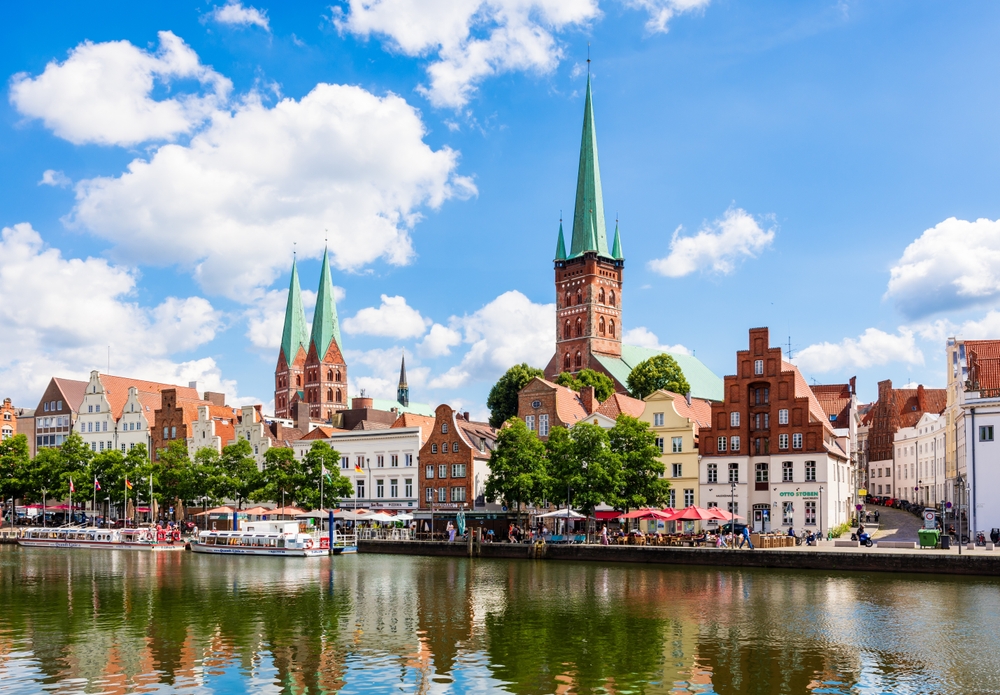
Loud conversations on trains, drunkenness in public, and selfies at solemn memorials? Germans aren’t amused. The welcome is warmer for those who blend in quietly.
France
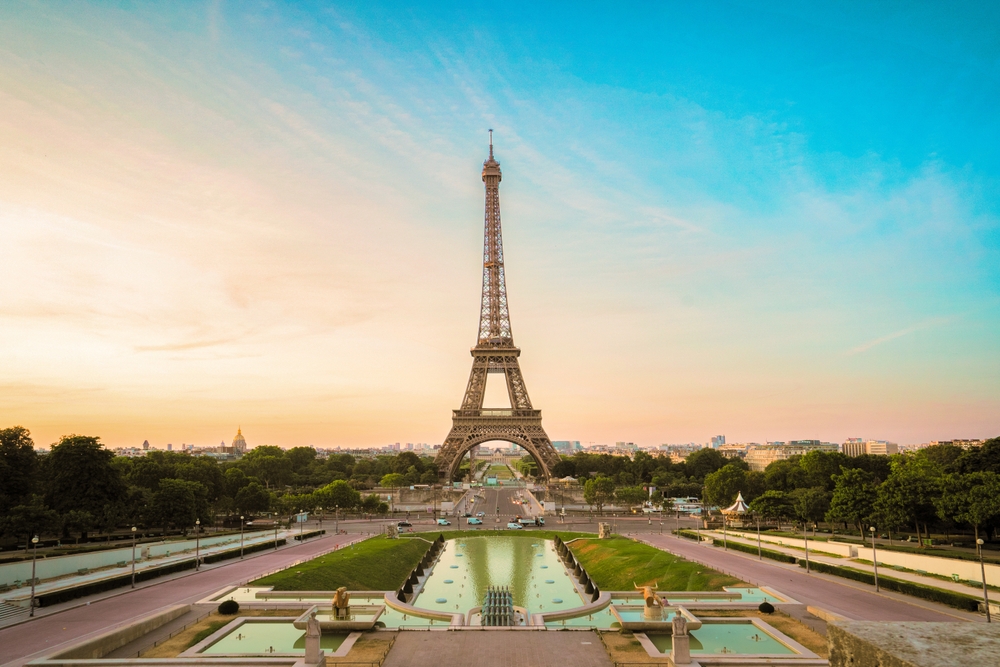
Parisians are over tourists who refuse to attempt even a “bonjour.” Between language snubs and protests over housing shortages, patience is running out—though courtesy can still win you a smile.
Italy

From carving initials into the Colosseum to wading in fountains, some tourists treat Italy like a theme park. The country is fighting back with steep fines and visitor limits.
Spain
In Barcelona and Palma, anti-tourism protests target overcrowding and party culture. Respectful travelers who wander beyond the nightlife scene are more appreciated.

Greece

The islands are buckling under cruise ship crowds. Santorini and Mykonos are asking visitors to treat ruins and landscapes with reverence, not as Instagram backdrops.
Netherlands
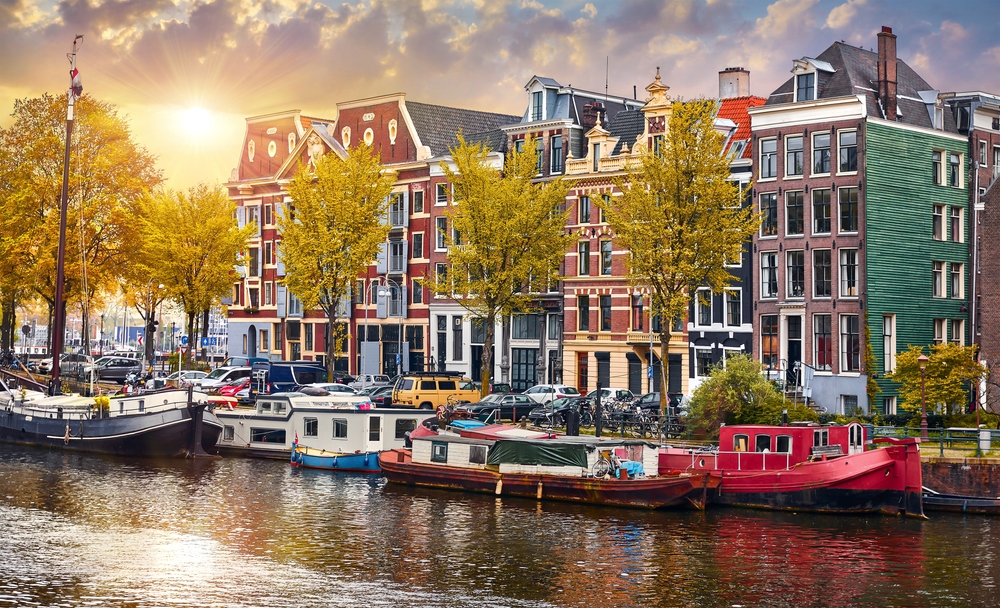
Amsterdam’s patience for “party tourists” is gone. Authorities are actively discouraging bachelor weekends and cannabis tourism in favor of cultural experiences.
Cuba
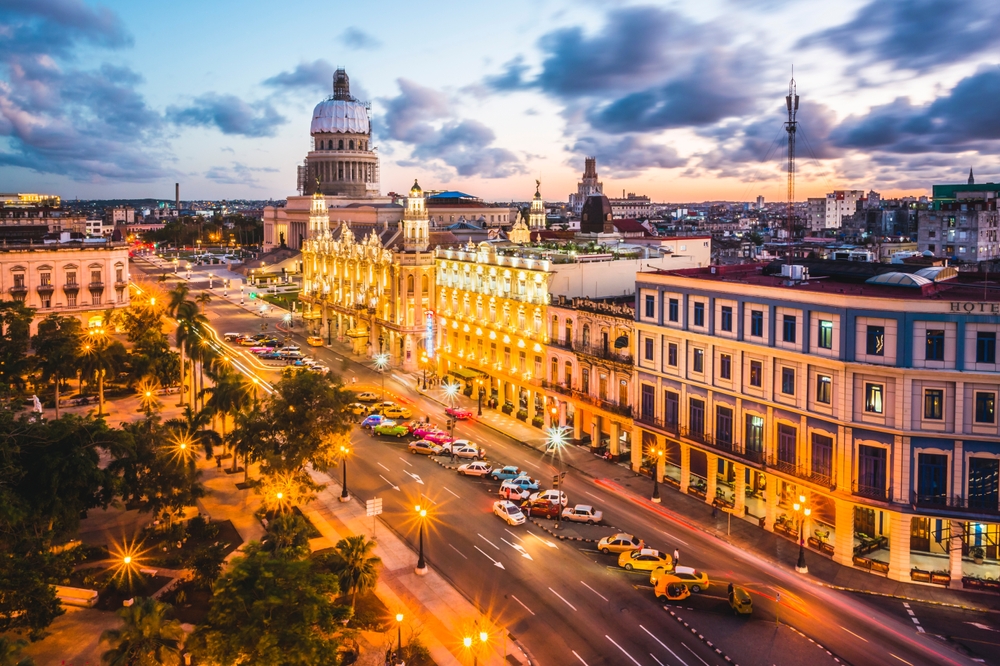
Warm locals meet cool relations. Overly flashy or entitled behavior creates tension; humility earns richer interactions.
New Zealand
Trampling trails and disrespecting Maori sites have triggered a push for the Tiaki Promise—a pledge to care for land and culture alike.

Turkey
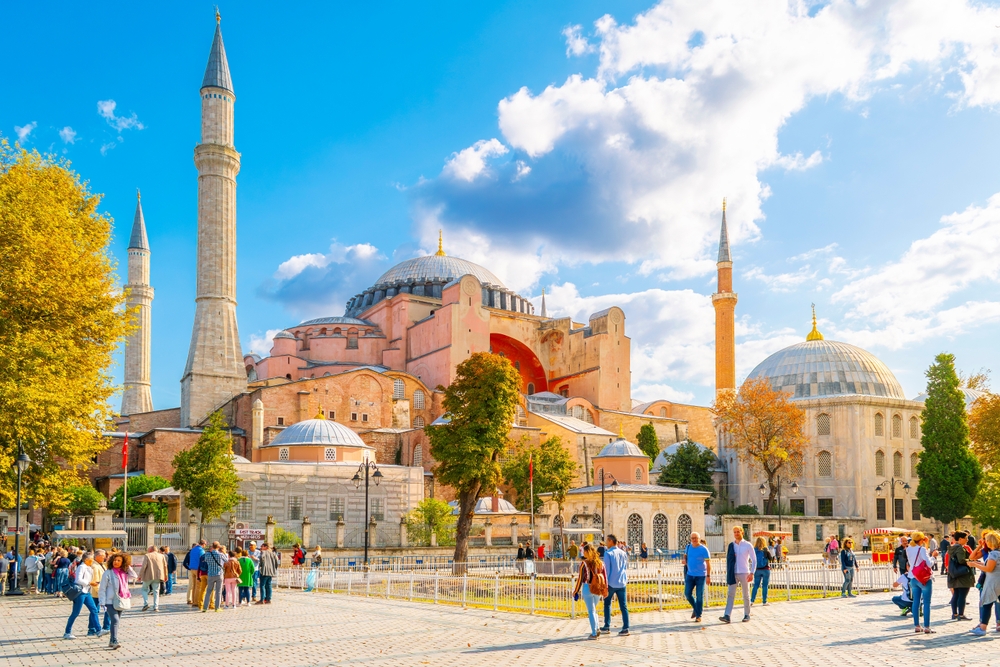
Urban centers are easygoing, but rural areas expect modest dress and political discretion. Observing local norms matters.
Morocco

Pointing a camera at strangers or bargaining too aggressively can sour an exchange. Respect and patience go a long way.
Mexico
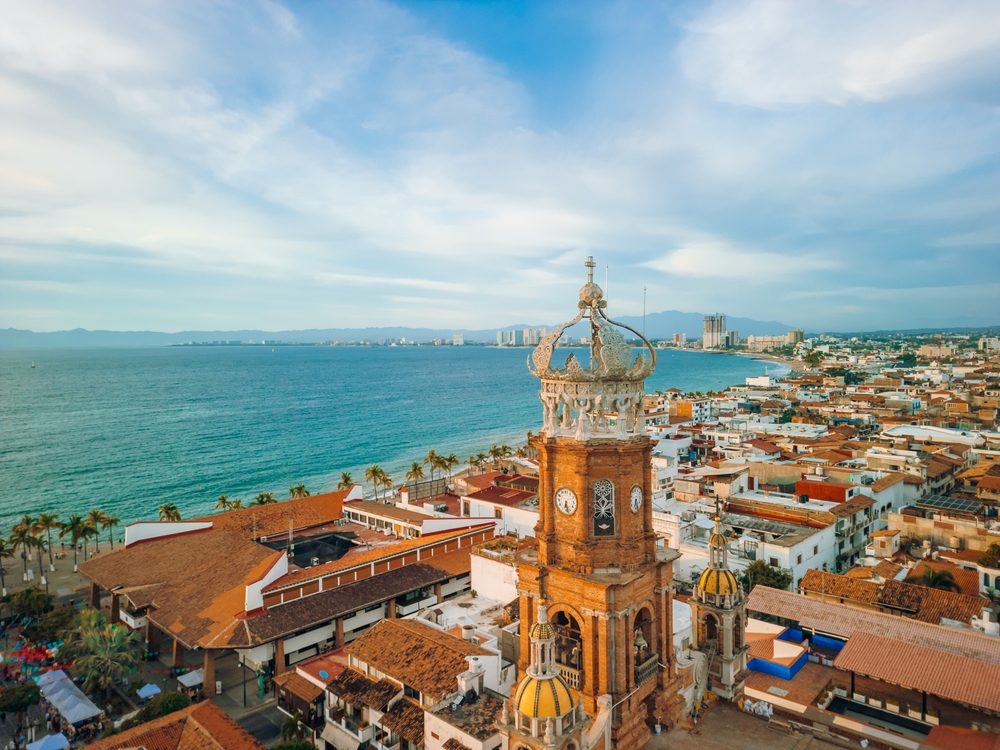
In coastal hotspots, rising costs and tourist sprawl are fueling resentment. Those who support local businesses and explore beyond the resorts get a warmer reception.
Conclusion:

For decades, Americans traveled with the assumption that their dollars bought a ready-made welcome. That assumption is fading. In its place is a global ask: arrive curious, tread lightly, and remember that you’re a guest. The next era of travel won’t just be about where you can go—it’ll be about how you behave when you get there.
